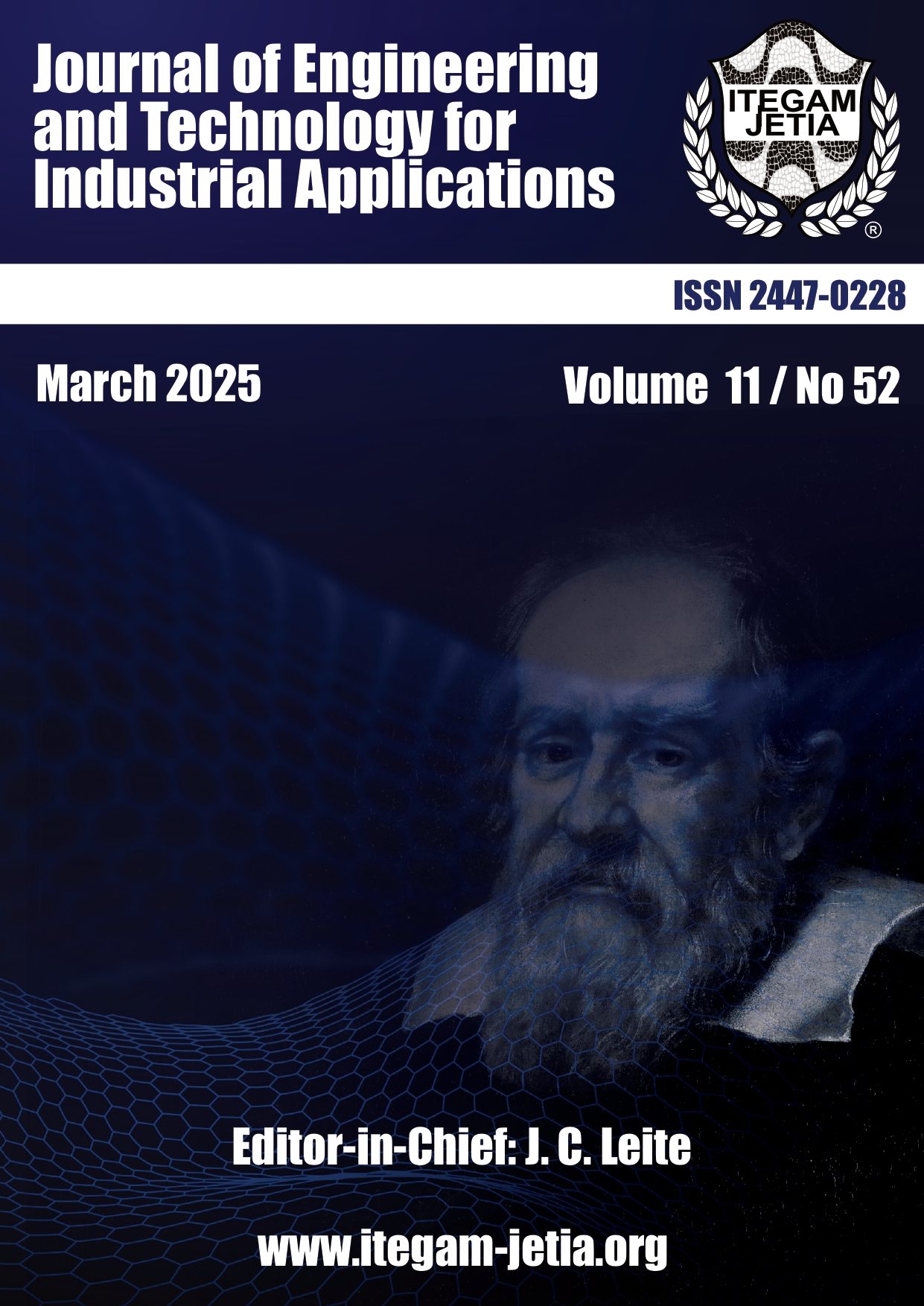Hybrid FFT-ARMA-Burg Modeling and LSTM-Enhanced BBO Optimization for Fault Diagnosis in Induction Motors
Abstract
Induction motors (IM) are crucial in industrial systems, and fault diagnosis reliably and effectively is of importance for maintaining efficiency. The detection of a broken rotor bar(RBB) is one of the most challenging tasks in condition monitoring due to the complexity of fault features in motor current signals. This plans overcome by developing a hybrid diagnostic framework to enhance fault detection accuracy. The proposed approach fuses a hybrid spectral analysis technique that integrates the Fast Fourier Transform with an autoregressive moving average model estimated using Burg's method. This hybrid of FFT-ARMA-Burg enhances PSD representation. We employ biogeography-based optimization to optimally tune the parameters of the ARMA-Burg model for a better representation of fault-specific features. Further, this paper proposes an LSTM neural network that refines BBO-optimized parameters to improve fault frequency sensitivity. Experimental verification will demonstrate that the hybrid FFT-ARMA-Burg framework, combined with LSTM-enhanced BBO optimization, outperforms traditional motor current signature analysis (MCSA) and standalone ARMA-based methods in detecting broken rotor bars in squirrel cage induction motors. These findings confirm that the proposed methodology enhances broken rotor bar detection and supports predictive maintenance for improved reliability and efficiency in induction motors.
Downloads
Copyright (c) 2025 ITEGAM-JETIA

This work is licensed under a Creative Commons Attribution 4.0 International License.











